Wines of the Canary Islands: unique varieties with a volcanic personality
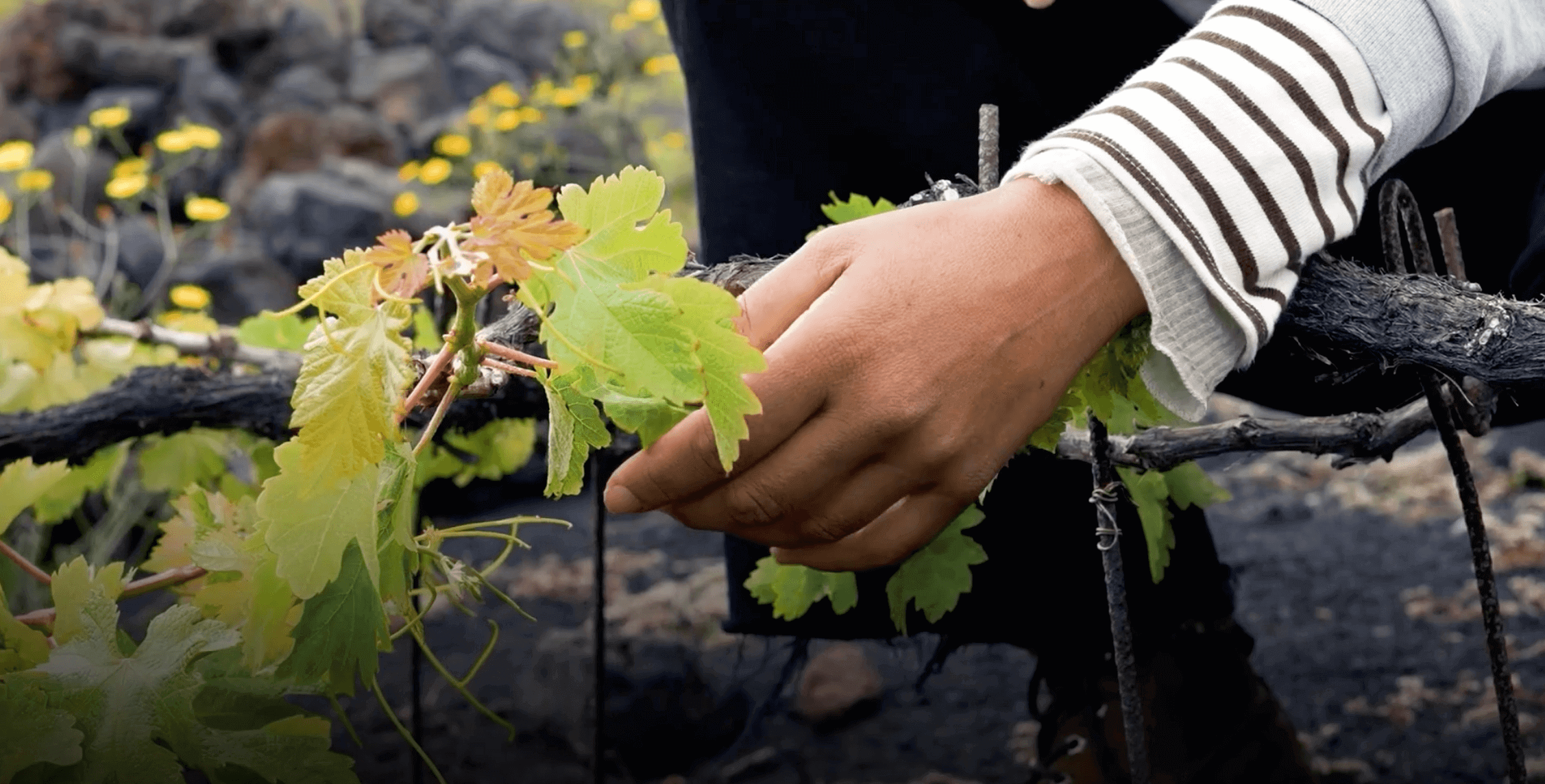
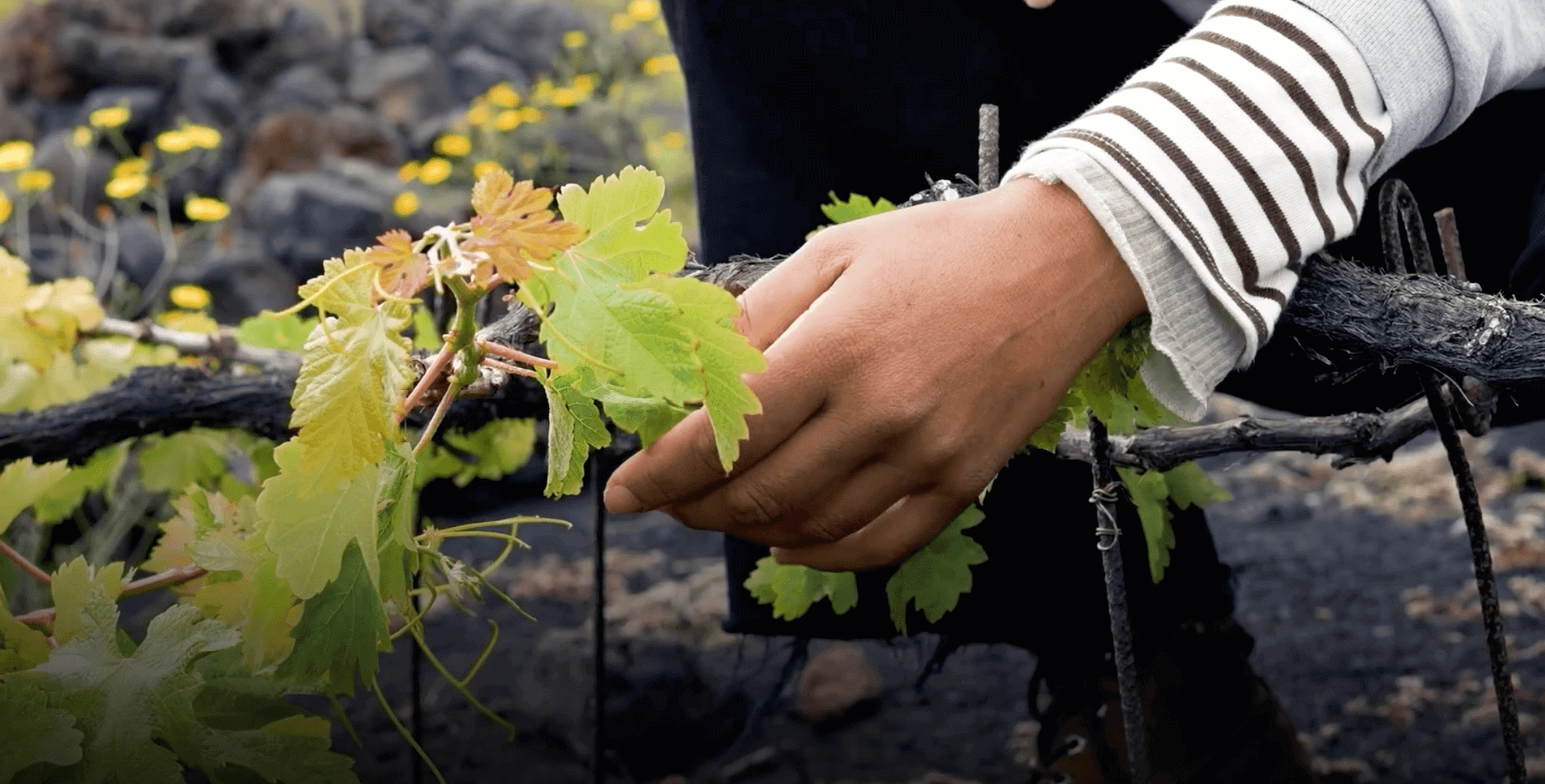
From the point of view of viticulture (the study of grape cultivation) and oenology (the study of wines), the Canary Islands is one of the most unique territories in the world. The cultivation of vines dates back to the fifteenth century when the first Spanish conquerors arrived on the islands. In the sixteenth century malvasian wines from the Canary Islands achieved international acclaim to the point where they became known in European courts and were praised by none other than William Shakespeare.
While many other wine regions have had infestation problems, the Canary Islands have remained free from phylloxera, an insect that affects the cultivation of vines, and this has been important in the development of Canary Wine. It has meant that vine cultivation has been able to take place on open ground without the need for rootstocks. This is of benefit to the plants because it allows them to maximise the consumption of minerals in the soil and develop varieties with unusual properties.
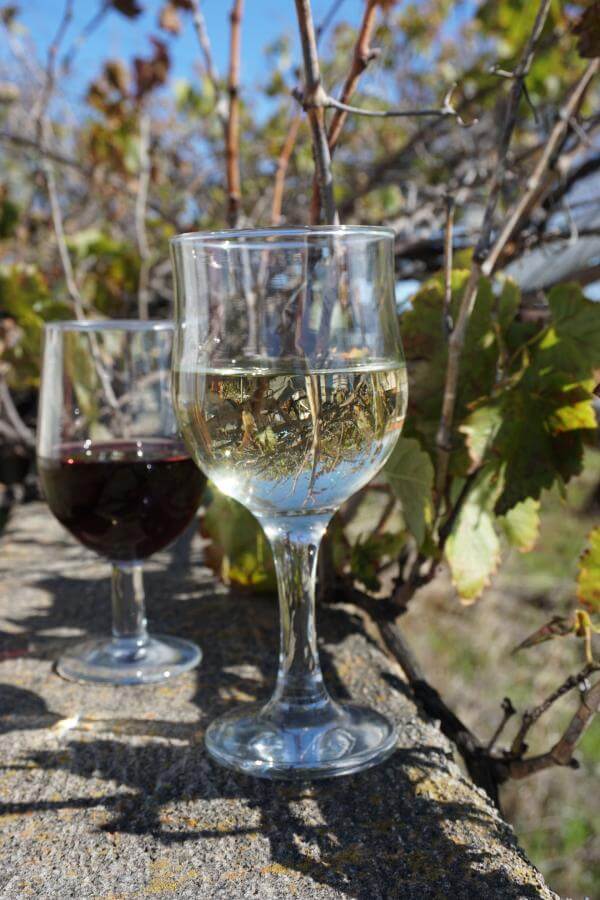
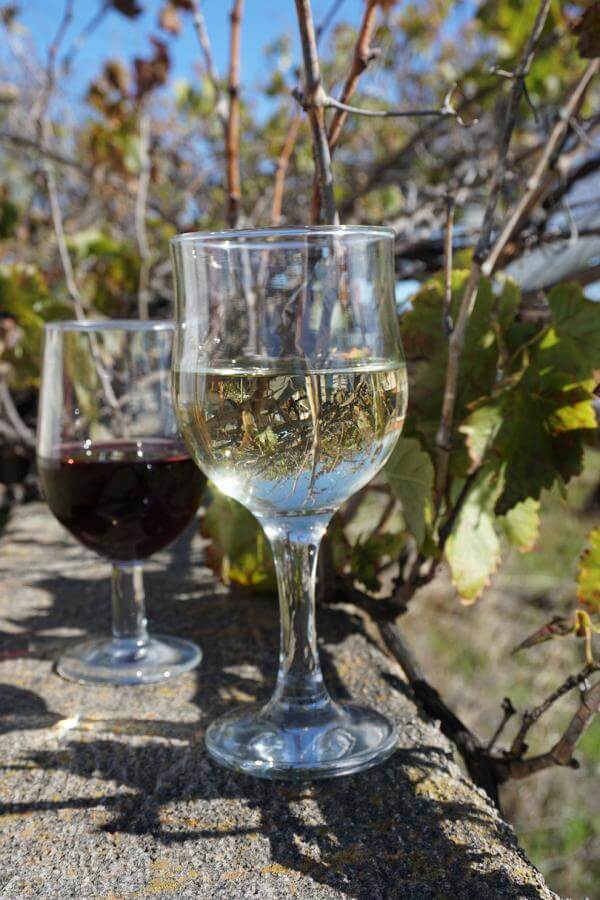

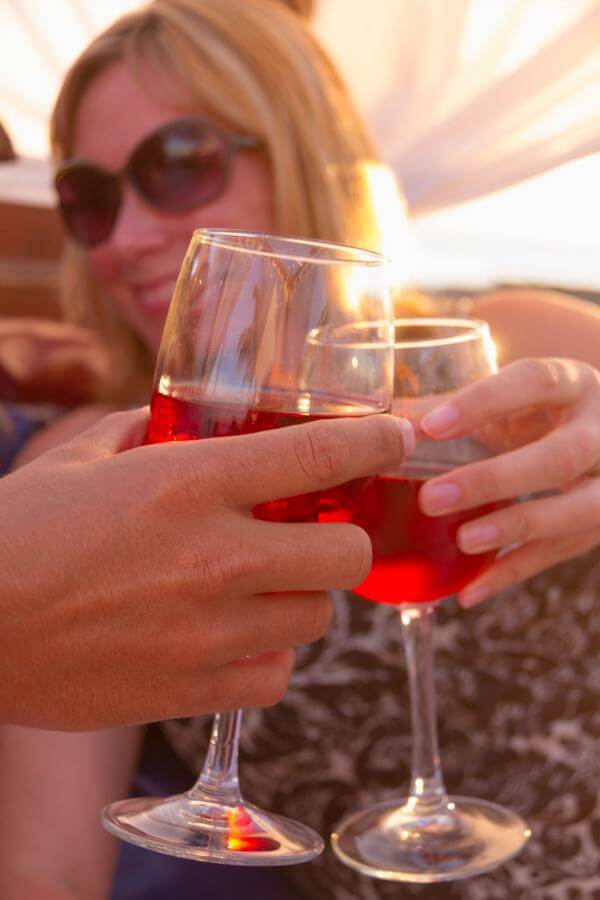
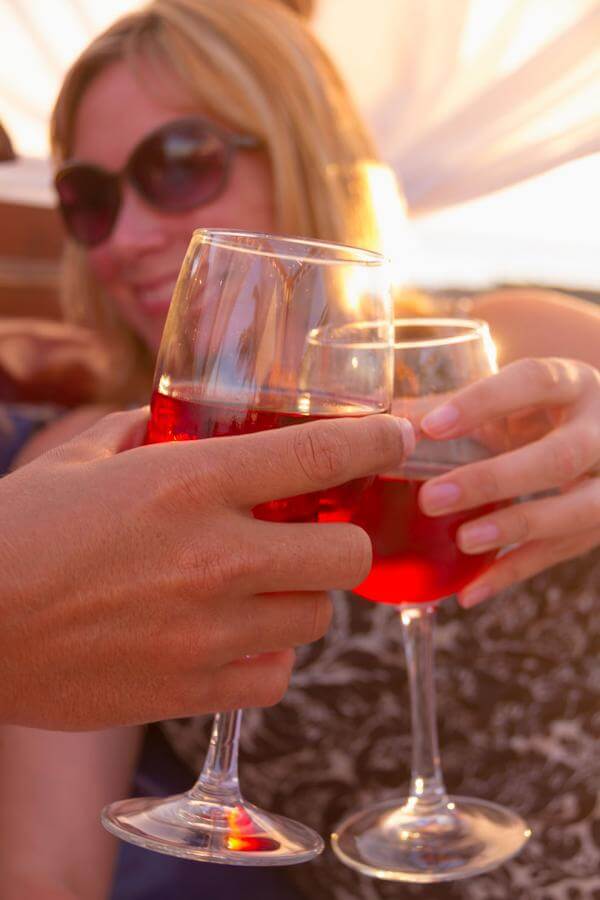

Einzigartiges Erbe sortenreiner Weine
Die Kanarischen Inseln warten mit einer enormen Traubenvielfalt auf. Rund 135 verschiedene Sorten sind genetisch identifiziert worden. Eine ihrer önologischen Juwelen ist die Malvasía volcánica, es gibt jedoch noch viele andere autochthone Sorten wie die Baboso, Listán oder Vijariego.
The Canary Islands are a diverse collection of islands with a landscape which is shaped by volcanoes and dramatic mountains. Wines from this part of the world are conditioned by this interesting geography which because of its ruggedness means that often grape harvesting can only be done by hand.
Grape cultivation is an important facet to the scenery of the Canary Islands. It has helped to create thick broomstick-like lines of vines in Tenerife where the “cultivo en cordón” method is used. In Lanzarote, meanwhile, there is a lunar landscape in which local farmers have planted vines with semi-circular volcanic stone walls around them for protection from the wind.
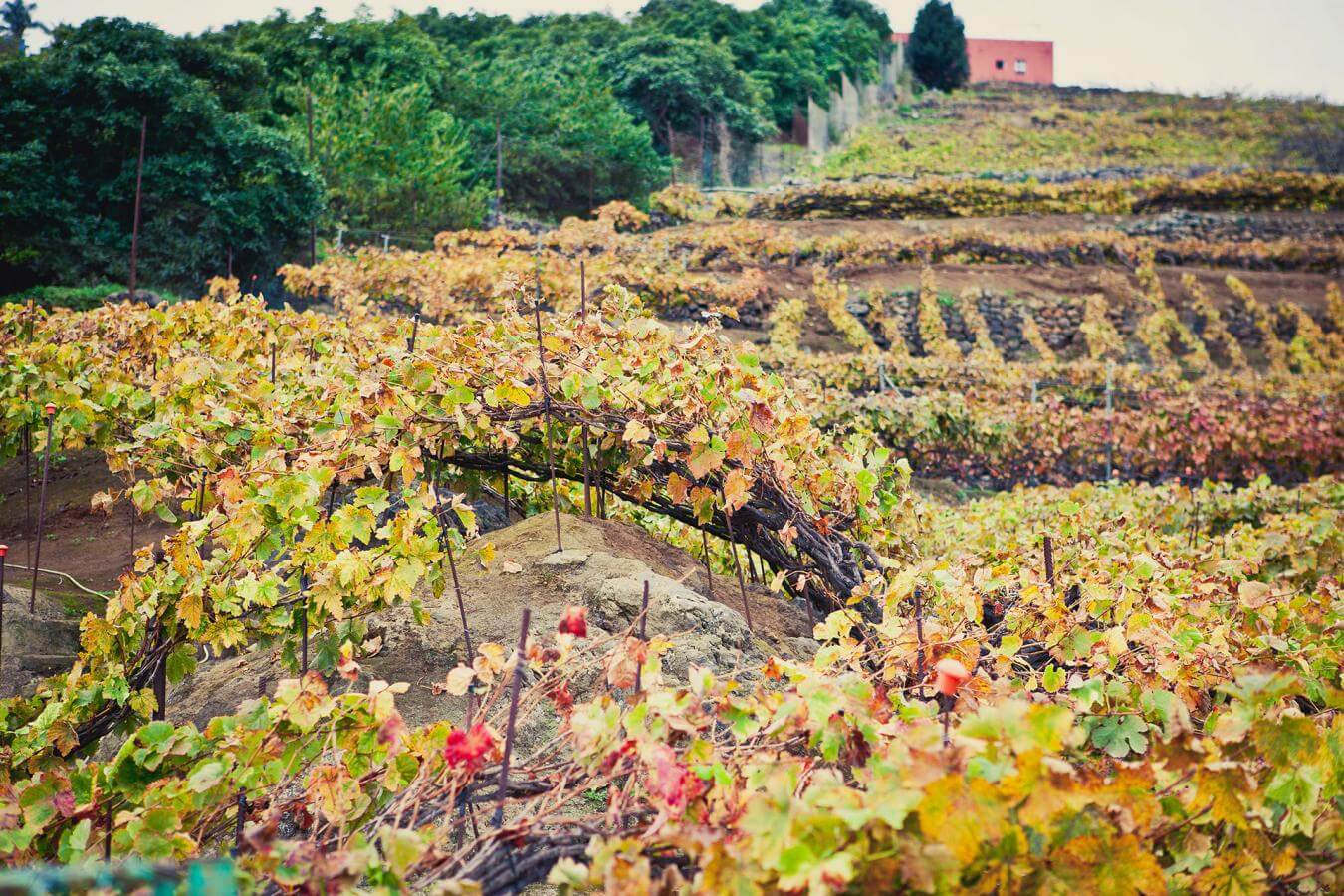
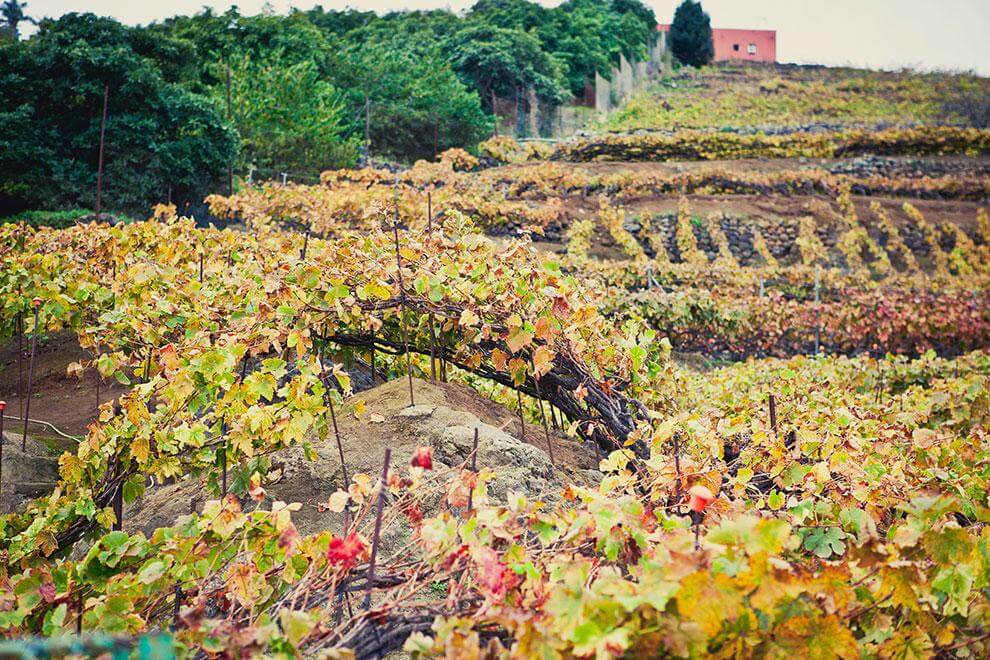


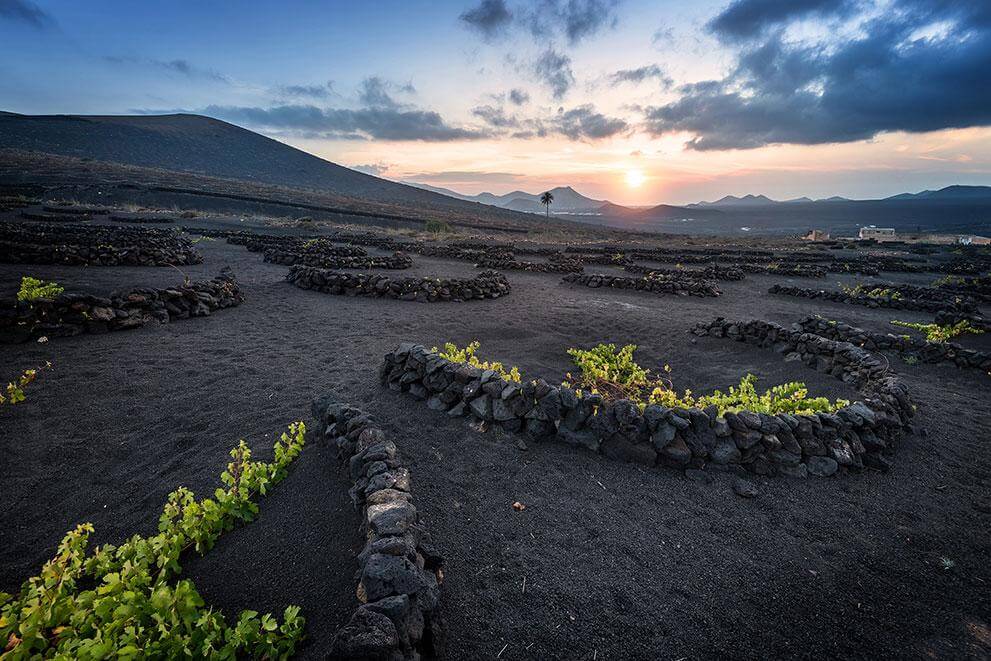

Thanks to the the ingenuity of the local farmers and the unique growing conditions – shaped by the salinity of the sea and the abundance of volcanic minerals – the Canary Islands produces wines with a distinctive personality. To further the goal of making Canary Islands wines stand out from the crowd, in recent years, important work has been undertaken to recover some ancient varieties of grapes which have hitherto been underused.
Eleven separate seals of quality
The Canary Islands currently has eleven different wines which hold the Denomination of Origin (DO) status, a stamp which ensures the authenticity of a product. Each of the Canary Islands has one wine with DO status except Fuerteventura (where wine cultivation is less widespread) and Tenerife which has five wines with the DO seal of approval. The DO wines in Tenerife are Ycoden Daute Isora, Abona, Valle de Güímar, Tacoronte Acentejo and Valle de La Orotava. Tenerife boasts a collection of winemakers with great technical skill, and this has enabled the island to gain international recognition for its wines. Traditionally red wines are grown in the north of Tenerife while white wines are grown in the south.
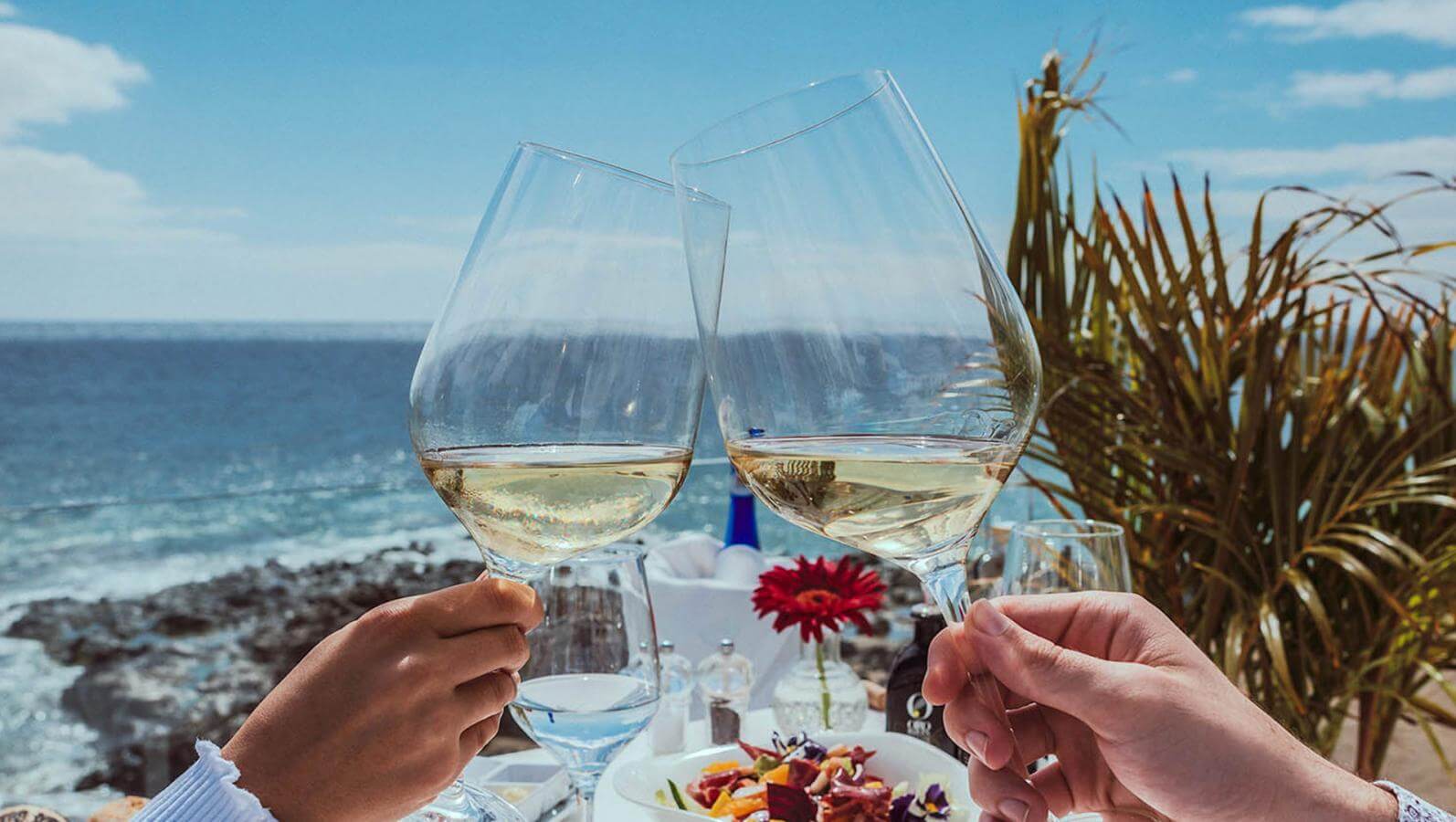


Some more Canary Islands wines are worth mentioning specifically. The volcanic malvasian wines produced in Lanzarote and the aromatic malvasian wines produced in La Palma are extraordinary. The wines of La Gomera (which use a foreign variety of grape) are distinguished as well. In El Hierro there are unique baboso red wines which have only recently recovered having been on the verge of extinction. In Diego and Verijadiego, too, there are notable white wines. In 2006 Gran Canaria established a regulatory council for its winemakers, and this has been helpful in the development of their wines. Notable examples of Gran Canaria wines include listán negro, gual, and negramoll.
In response to the demand for Canary Wine, especially from abroad, the islands have developed a local seal called the Canary Islands Protected Designation of Origin. This quality guarantee is designed to help Canary Wine find a greater share in the global market and support the Canary Islands brand.
The Canary Islands is a wine producer with pedigree. The archipelago has won major international awards for their wines such as the Bacchus (a competition run by the Spanish Union of Tasters), the Vinalies Internationales (a French event held in Paris), and the World Contest (a Belgium contest organised in Brussels). The originality of Canary Islands wines has also been trumpeted by connoisseurs such as Robert Parker, Jancis Robinson, Ferrán Centelles and Josep Roca.

















